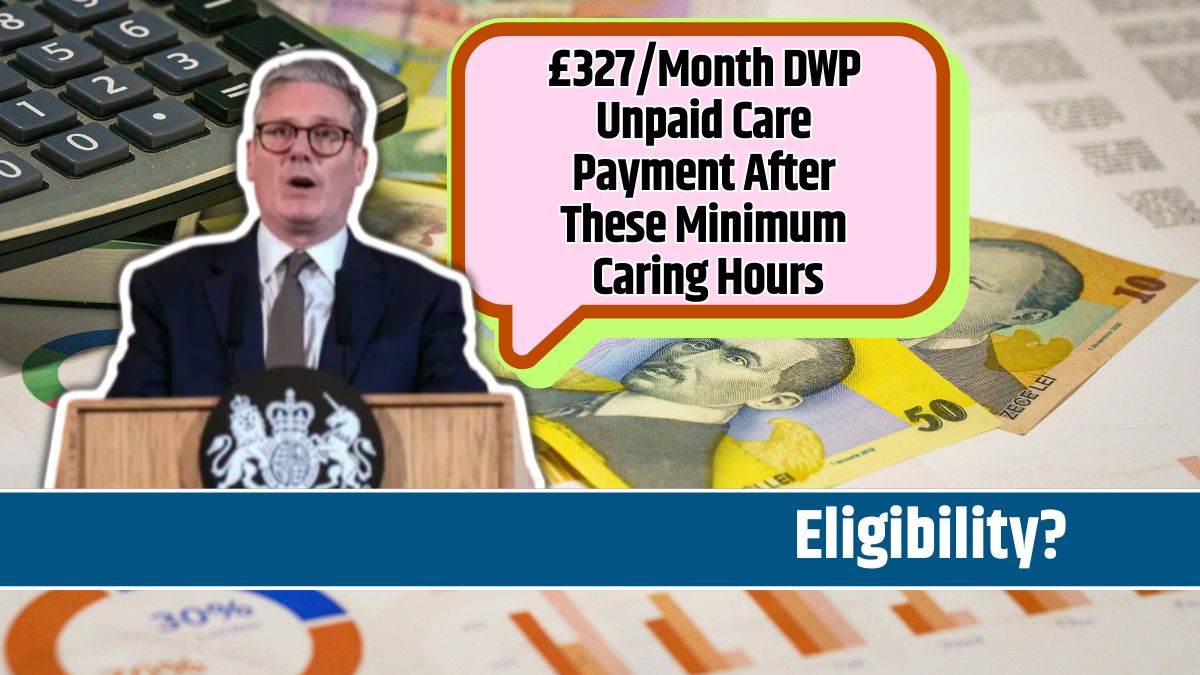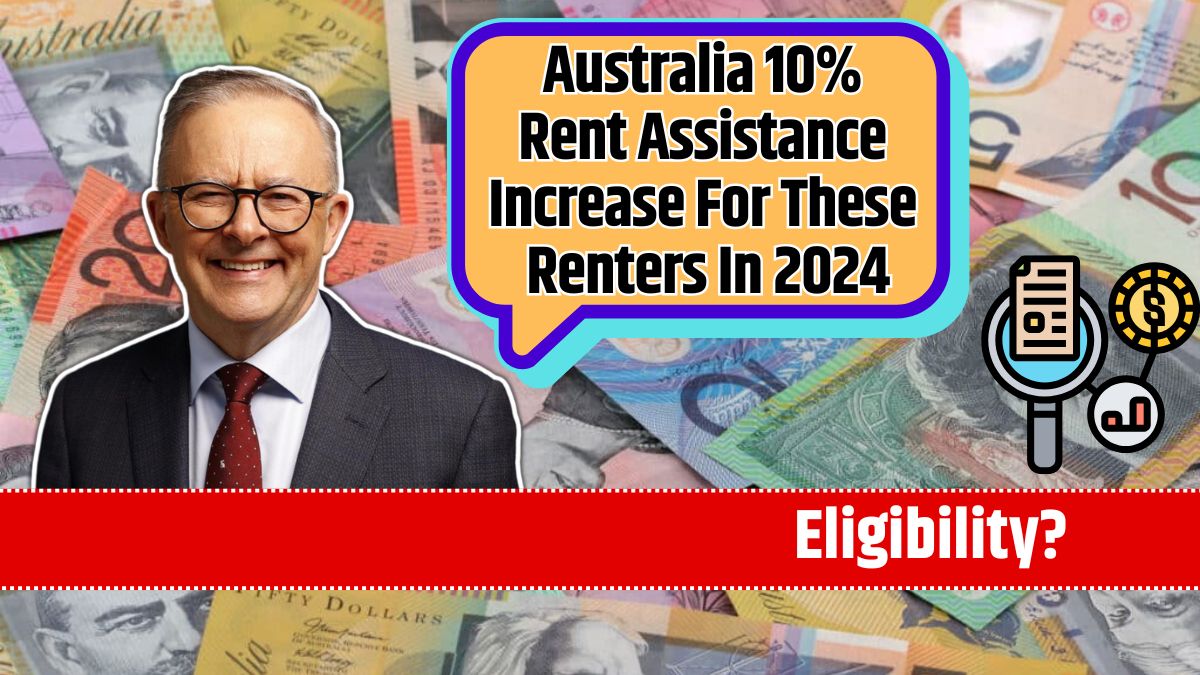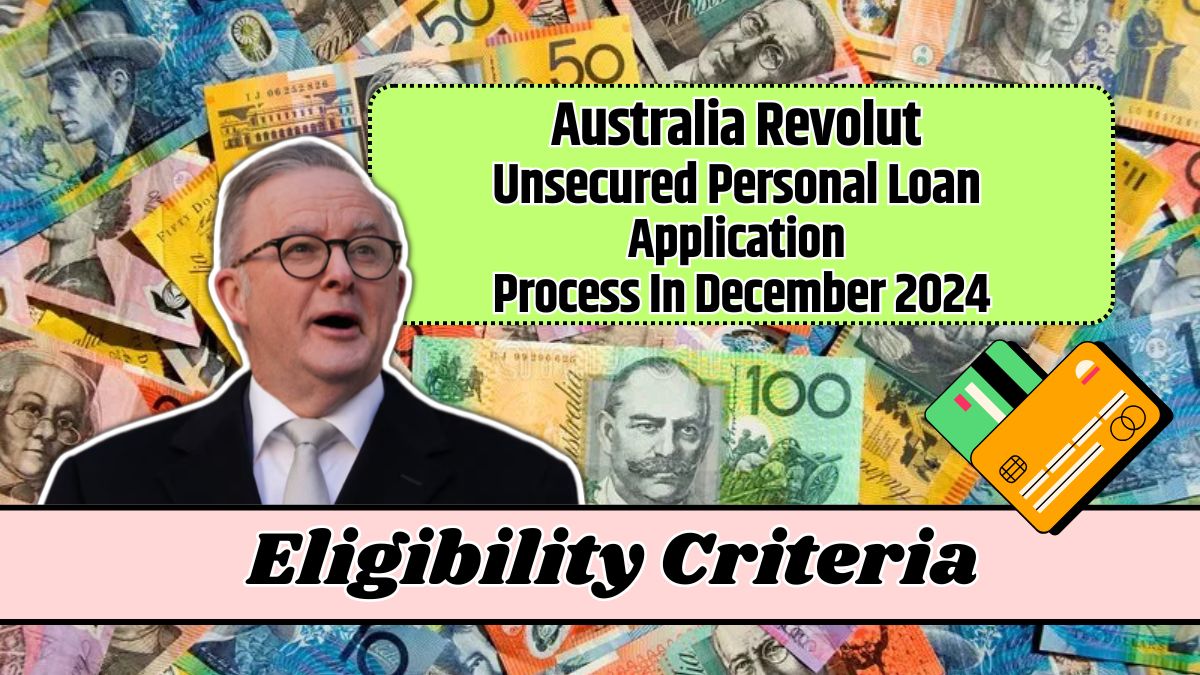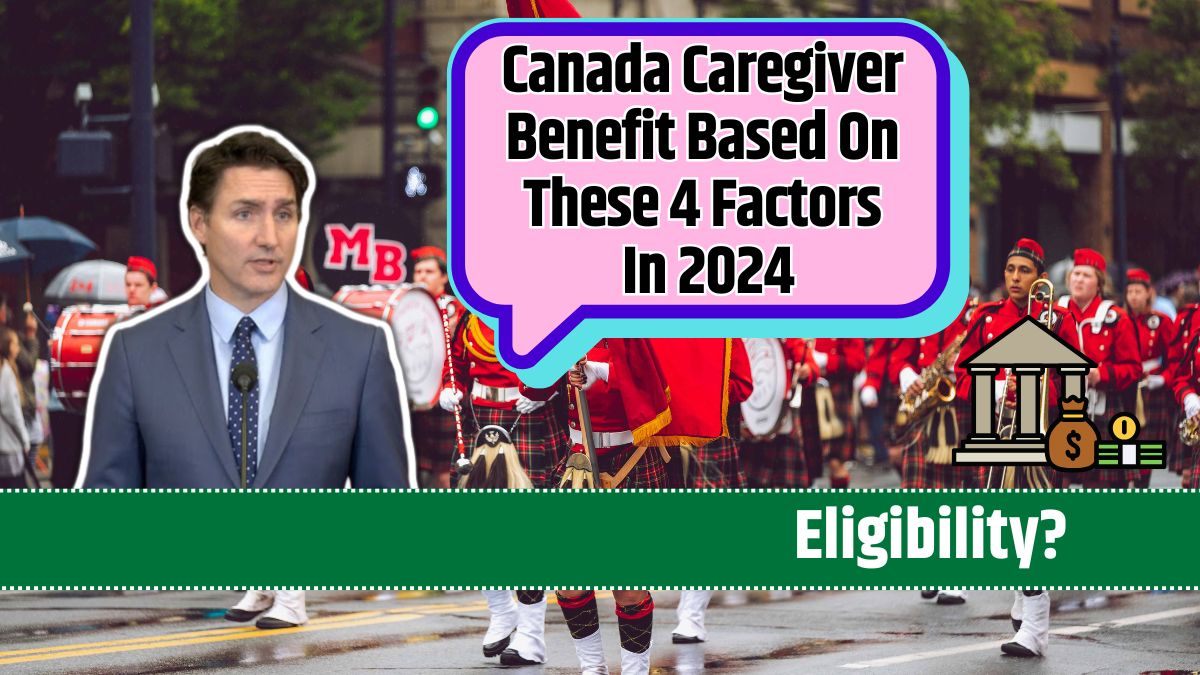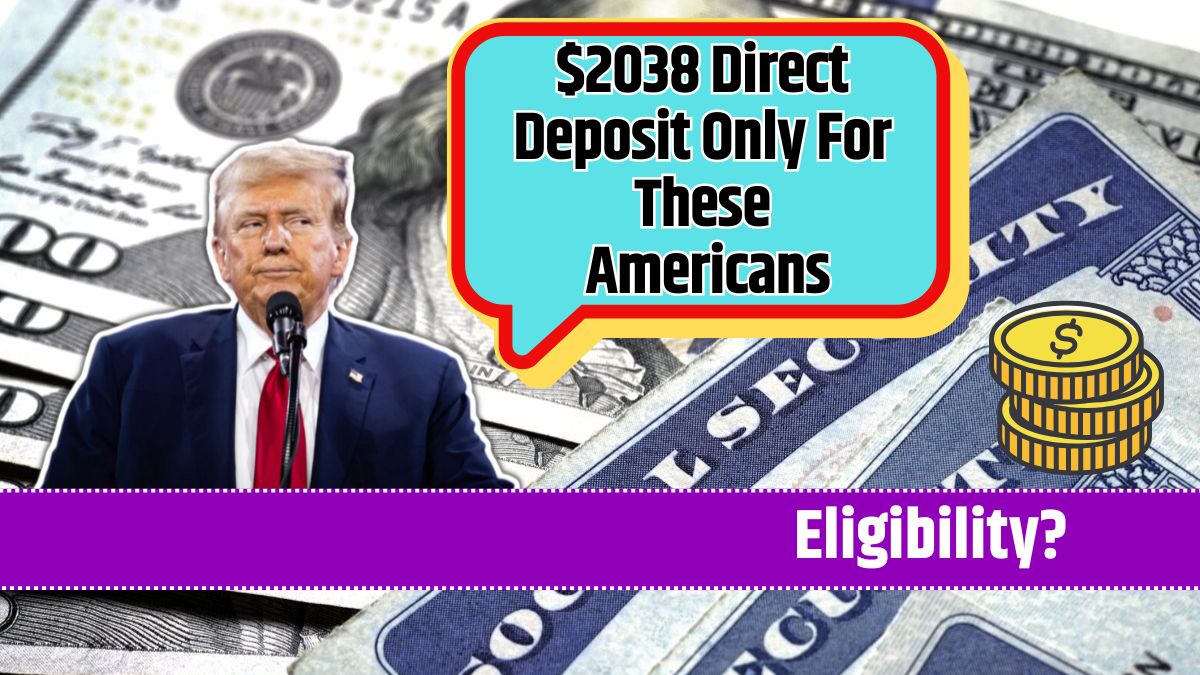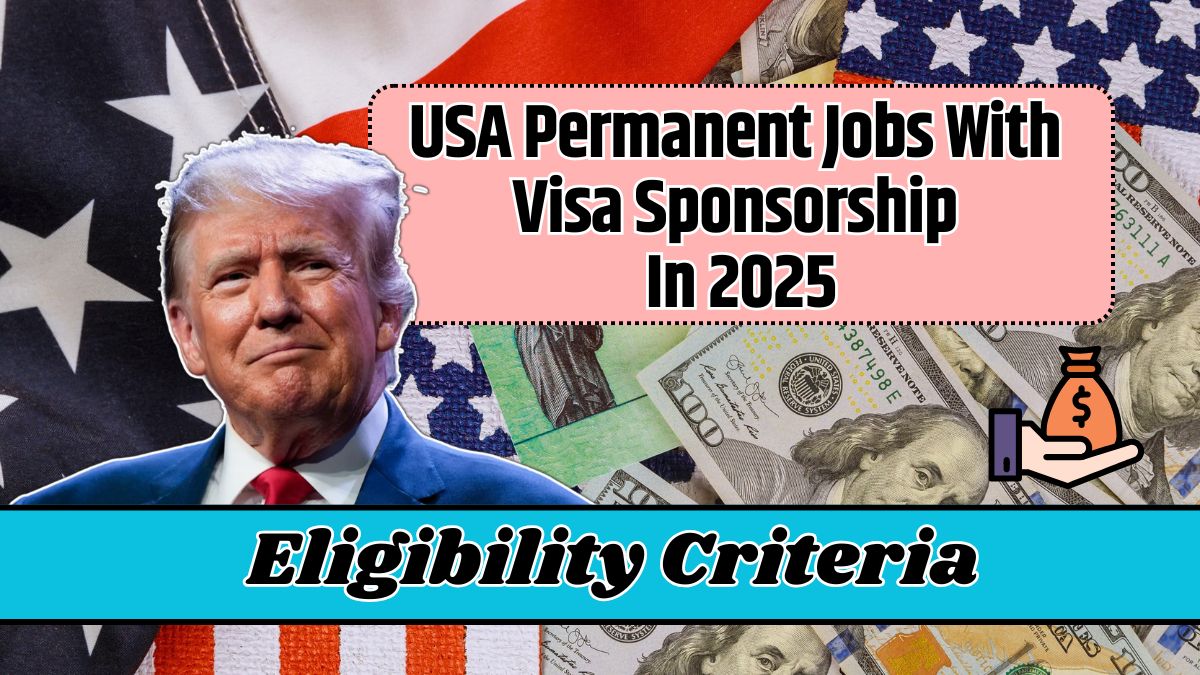The Carer’s Allowance is a vital benefit provided by the Department for Work and Pensions (DWP) to support unpaid carers in the UK. At approximately £327.60 per month (or £81.90 per week), this payment helps alleviate the financial burden of caring for someone with significant health or disability needs.
This guide explains the eligibility criteria, application process, payment details, and additional support options available for carers. Whether you’re a new carer or have years of experience, this resource aims to help you maximize the financial and practical support you can access.
Overview of the £327/Month Carer’s Allowance
| Feature | Details |
|---|---|
| Payment Amount | £81.90 per week (£327.60 monthly approx.) |
| Eligibility Age | 16 years or older |
| Caring Hours | At least 35 hours per week |
| Income Limit | £151 per week (after deductions) |
| Residency Requirement | Must live in England, Scotland, or Wales |
| Qualifying Benefits | Attendance Allowance, PIP, DLA, Armed Forces Independence Payment |
What is Carer’s Allowance?
Carer’s Allowance is a financial benefit designed to provide modest support for individuals who dedicate significant time to caring for someone with health or disability challenges. While it is not a full wage replacement, the allowance acknowledges the crucial role unpaid carers play in society.
It complements other support programs such as the Attendance Allowance and Disability Living Allowance (DLA), helping carers cover essential costs while managing caregiving responsibilities.
Eligibility Criteria
To qualify for Carer’s Allowance, applicants must meet specific criteria to ensure that support reaches those most in need:
1. Age Requirement
- You must be 16 years or older.
2. Minimum Caring Hours
- Must provide at least 35 hours of care per week for one individual.
3. Income Limit
- Weekly earnings must not exceed £151 after deductions, including:
- Tax and National Insurance contributions.
- Expenses such as childcare costs or workplace travel.
4. Education Restriction
- You must not be in full-time education (21 hours or more per week).
5. Residency Requirement
- Must reside in England, Scotland, or Wales (different rules apply in Northern Ireland).
6. Disability Benefits for the Care Recipient
The person you care for must receive one of the following:
- Attendance Allowance.
- Disability Living Allowance (DLA) – middle or higher care component.
- Personal Independence Payment (PIP) – daily living component.
- Armed Forces Independence Payment.
How to Apply for Carer’s Allowance
Step 1: Gather Necessary Documents
- Your Details:
- National Insurance number.
- Bank account details.
- Income proof (e.g., payslips or tax returns).
- Care Recipient’s Details:
- National Insurance number.
- Proof of disability benefits received (e.g., PIP award letter).
Step 2: Apply Online
- The fastest method is through the gov.uk Carer’s Allowance portal.
Step 3: Apply by Phone or Post
- Phone: Contact the Carer’s Allowance Unit at 0800 731 0297.
- Post: Request a paper form and mail it to the address provided.
Step 4: Processing Time
- Applications typically take 6-12 weeks to process. If approved, you may receive backdated payments for the time your application was under review.
Payment Details
Carer’s Allowance is paid directly into your bank account.
| Payment Option | Amount |
|---|---|
| Weekly Payments | £81.90 |
| Monthly Payments | £327.60 (approx.) |
You can choose your preferred payment frequency during the application process.
Additional Financial Support for Carers
Carer’s Allowance often interacts with other benefits. Here’s how you can maximize support:
1. Carer Premium
- If you receive Income Support, Jobseeker’s Allowance, or Pension Credit, you may qualify for an additional Carer Premium payment.
2. Universal Credit Carer Element
- Carers on Universal Credit can receive an extra £185.86 per month.
3. National Insurance Credits
- Claiming Carer’s Allowance automatically grants Class 1 National Insurance credits, which contribute toward your State Pension.
4. Blue Badge Scheme
- If the person you care for has mobility issues, you can apply for a Blue Badge for easier parking access.
Tax and Benefit Considerations
Taxable Income
- Carer’s Allowance is taxable, so if your total income exceeds the Personal Allowance threshold, you may need to pay tax.
Impact on Other Benefits
- While Carer’s Allowance may reduce benefits like Income Support, it can increase others, such as the Universal Credit Carer Element.
Always consult a benefits advisor or the Turn2Us Benefits Calculator to understand how Carer’s Allowance affects your overall financial situation.
Practical Tips for Carers
- Budget Wisely
- Track your income and expenses to ensure your caregiving costs are manageable.
- Seek Support
- Organizations like Carers UK and the Carers Trust offer resources, financial advice, and emotional support for carers.
- Utilize Discounts
- Some businesses provide discounts to carers, including travel and retail savings.
- Prioritize Self-Care
- Caregiving can be physically and emotionally taxing. Make time for breaks and seek mental health support when needed.
Carer’s Allowance provides vital financial relief for unpaid carers dedicating at least 35 hours per week to supporting someone with significant health needs.
While the payment of £327.60 per month may not cover all expenses, it serves as a critical safety net. By understanding eligibility, applying correctly, and exploring additional benefits, carers can maximize their financial and emotional well-being.
For the latest updates, visit the official Carer’s Allowance page or contact the DWP for guidance.

